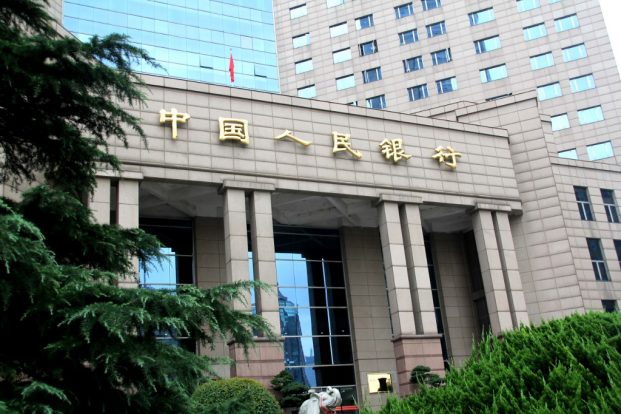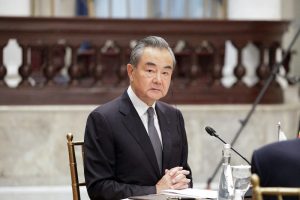(ATF) – The People’s Bank of China and the China Securities Regulatory Commission have said they will improve the bond market ‘s financing function and improve the quality of the bond market’s service to the “real economy” (the new catchword used to talk about assets not owned by the state).
Representatives of both organisations said there has been progress recently in the opening up of the bond market. Since 2019, the People’s Bank of China and the CSRC have continued to optimise and improve the bond market’s “opening system”.
They will also expand the scale of Panda bonds being issued, and launch Silk Road bonds and One Belt One Road bonds.
They will allow more foreign institutions to enter the interbank bond market to conduct bond underwriting and rating business.
They will simplify the process of foreign institutions entering the market, extend the settlement cycle, and provide foreign investors with a “more convenient environment” to integrate QFII / RQFII and direct market access channels, while allowing foreign investors to choose multiple domestic financial institutions to trade over the counter, through the main broker or directly into the interbank foreign-exchange market for foreign-exchange-risk hedging.
Channels for foreign investors expanded
As of the end of February 2020, overseas issuers had issued a total of 381.6 billion yuan (US$54.47 billion) in panda bonds, with 814 legal institutional investors overseas entering the interbank bond market. The CSRC has actively expanded the channels for foreign institutional investors to enter the exchange bond market, and studied and formulated measures for the management of panda bonds in the exchange market.
Representatives of the People’s Bank of China and the CSRC said they will take moves to accelerate reform and innovation, to improve the bond market financing functions, and improve the quality and efficiency of the market.
They want to reform the management of bond issues, as well as guide the flow of funds to key areas – industries and weak links – and support the transformation and upgrading of economic structures.
- READ MORE: Headline inflation eases to 5.2% in February
- READ MORE: China seeks to stabilize foreign trade, investment
They will also increase support for bond financing for private enterprises and provide a better policy environment and more “convenient” conditions for private enterprises to issue debt financing. Commercial banks and other financial institutions issuing capital bonds will continue to be supported, by the PBOC and CSRC, which want to improve the banking sector’s supply of capital to enhance its credit capacity and the ability of financial institutions to serve the real economy.
They will also strengthen the monitoring and early warnings in regard to default risks, improve the bond default handling mechanisms, and empower a market-based approach to default handling.
With the new securities law, any changes in the institutional arrangements of the interbank bond market have caused concern.
Responding to questions from reporters, the PBOC and CSRC stated that the issuance, trading, registration, custody, and settlement of financial bonds and non-financial corporate debt financing instruments in the interbank bond market shall be conducted by the People ‘s Bank of China and its designated institutions in accordance with the People’s Bank of China Law and other current regulations.
Commercial banks and other underwriting agencies, credit rating agencies and other intermediary service agencies are still operating normally in the interbank bond market in accordance with the current relevant regulations.
Bid to improve default mechanisms
The bond market default and risk disposal mechanism are also seeing accelerating improvements. Under the inter-departmental coordination mechanism for corporate credit bonds, the People’s Bank of China and relevant departments drafted a notice on issues related to the disposal of corporate credit bonds in default, which has been open to the public for comments.
At the end of last year, the Association of Dealers developed three basic systems to further clarify the disposal path and market-based disposal methods for bond defaults in the interbank market.
Recently, a bond swap pilot was launched for bond issuers to provide a mechanism for issuers to actively manage debt.
The Shanghai Stock Exchange and Shenzhen Stock Exchange also issued notices on bond resale business and regulatory questions and answers on the issuer’s bond repurchase business, clarifying developments in regard to bond resale cancellations and issuer bond repurchase related businesses, plus processes to help enterprises resolve the repayment risk of resale options and optimise the management of issuer’s debt, the Shanghai Securities Times said.
























